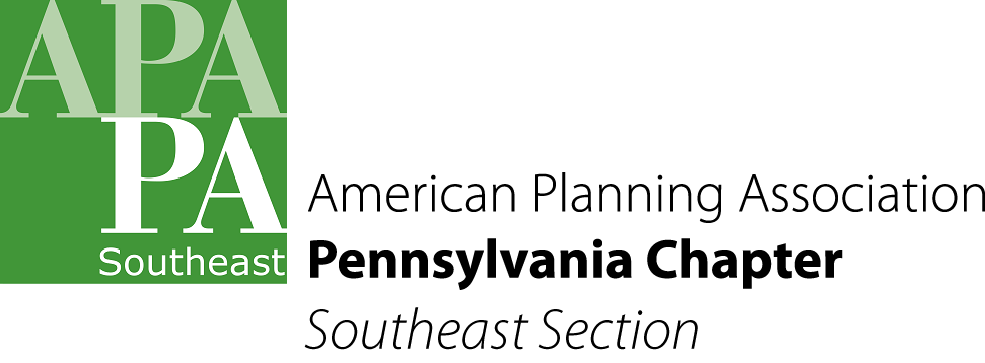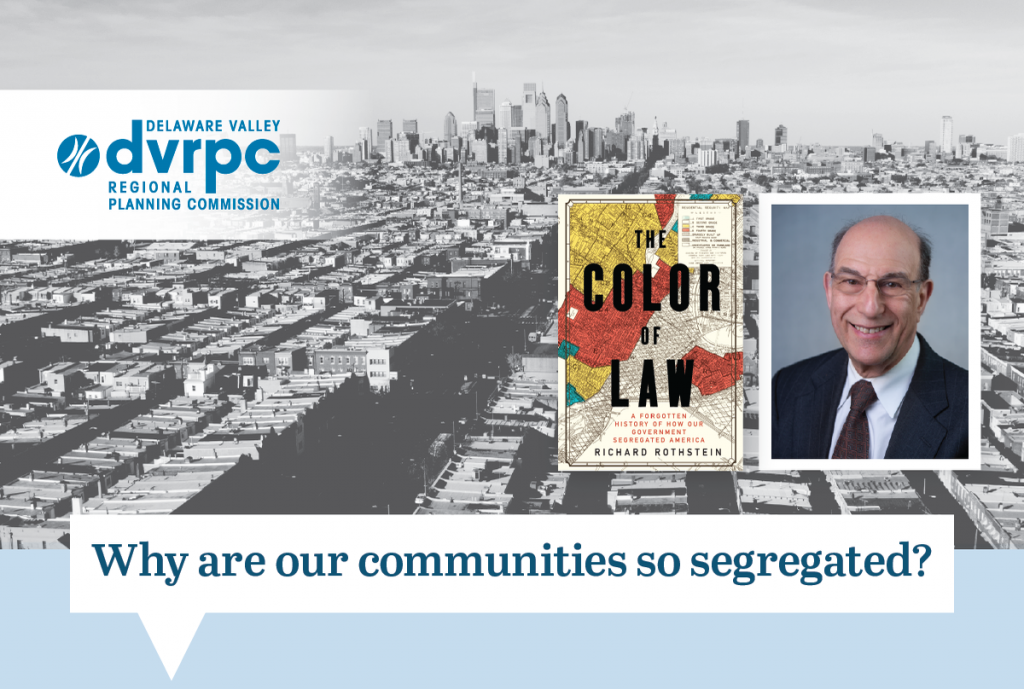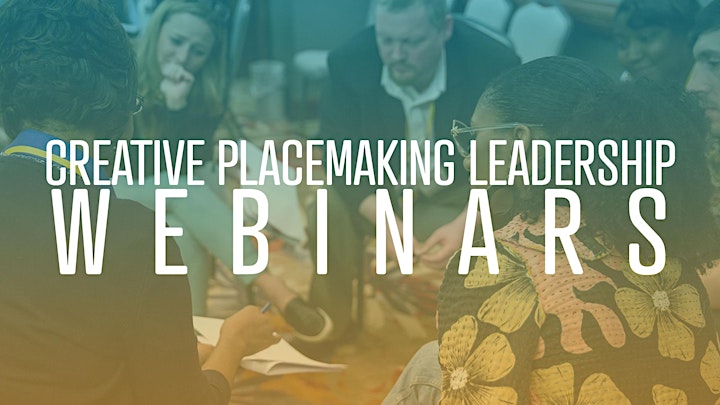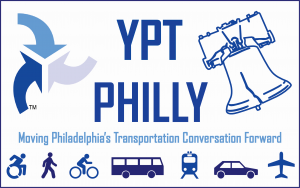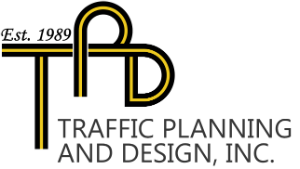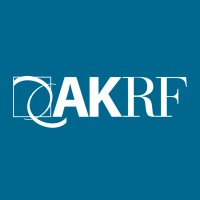Creative Placemaking is the next big idea in leading communities through healing and recovery. Get the foundation now to forge resilience.
Creative placemaking is sustained collaboration among people of diverse professional and personal backgrounds who enhance the places they live, work, and play through art and creative process.
The National Consortium for Creative Placemaking is a pioneer in this field and is now offering interactive, engaging webinars to introduce foundational concepts. NCCP webinars help community leaders engage their own creativity to drive healing, recovery and resilience. Check out our 2020-2021 lineup of affordable, monthly webinars.
Every webinar is from 2 pm to 3 pm EASTERN, unless otherwise stated.
After the webinar, please join us for a half hour of small group conversations online. There, you can talk about the topic with other participants and grow your connections.
All webinars have been approved for AICP certification maintenance credits.
All webinars are recorded for registrants in case you cannot attend in real time.
Please note that the $20/webinar fee supports the work of The National Consortium for Creative Placemaking, a 501 c (3) nonprofit organization that offers expertise and peer learning to leaders who seek creative placemaking knowledge and skills to foster more just, equitable, and livable communities through art and creative process.
If you have any questions, please reach out to Erica Henderson-Smith at erica@cpcommunities.org.
Special: Webinar Bundle – All 12 Webinars for the price of 10, a 20% discount!
If you prefer a PDF of the events, please follow this LINK
September 29: Culturally Competent Placemaking: Part 1 – Human Needs Placemaking
Supports: Healing, Recovery and Resilience
Presenter: Leonardo Vazquez, AICP/PP, Founding Director, The National Consortium for Creative PlacemakingWhat makes people happy? They want their needs met. In this webinar, we’ll explore what psychologists say are six universal human needs, and how creative placemakers can address them in their work. Understanding core human needs will help you understand not just what people say, but what they mean.
———————————————————————-
October 21: Culturally Competent Placemaking: Part 2 – Community Engagement and Triple Loop Learning
Supports: Healing
Presenter: Patricia Wilson, Professor, University of Texas Austin and author of The Heart of Community Engagement: Practitioner Stories from Across the Globe
Artful place-making requires skillful community engagement. Far more thanfacilitating question/answer sessions with stakeholders or the public, the practitionermust build a partnership of trust and mutual learning. Triple Loop Learning opens thepractitioner’s awareness to this subjective side of community engagement. It develops the reflective skills to see what is really going on, what is needed in the moment, and how your own expertise may be creating obstacles to change. Dr. Patricia Wilson, author of The Heart of Community Engagement: Practitioner Stories from Across the Globe, shares the harvest from her stories of community engagement in the most challenging of situations. Come explore the art and craft of fostering meaningful dialogue, learning, and action.
————————————————————————-
November 17: Building more resilient communities through creative placemaking
Supports: Resilience
Presenter: Leonardo Vazquez, AICP/PP, Founding Director, The National Consortium for Creative Placemaking
Resilient communities don’t just come back from difficult challenges; they grow better. Many communities in the United States face a combination of social, cultural, economic and environmental challenges: flooding, storms, disease, poverty, oppression and more. Resilience is more than creative physical improvements to withstand storms; it also connects to a community’s ability to revitalize quickly after disaster. Arts and culture can play a big role in helping communities recover. We will explore examples from Louisiana, New Jersey and Missouri, and discuss how to connect creative placemaking with resiliency in community dialogues.
————————————————————————–
December 1: Artful Urban Design Part 1: Growing your cultural ecosystem
Supports: Recovery and Resilience
Presenter: Leonardo Vazquez, AICP/PP, Founding Director, The National Consortium for Creative Placemaking
You want more arts and cultural activities in your community? (Of course you do, otherwise, why would you be reading this?) This webinar will help you identify and design outdoor spaces that encourage artists and cultural professionals to become more productive, sell or exhibit their work; and provide more opportunities for other community members to enjoy art and cultural activities.
—————————————————————————
January 12: Artful Urban Design Part 2: Public art for better mental and physical health
Supports: Healing, Recovery and Resilience
Presenter: Leonardo Vazquez, AICP/PP, Founding Director, The National Consortium for Creative Placemaking
Art in public places can help people move around, slow down, feel safer and more valued, and more. We’ll explore how to encourage and place outdoor art to achieve these purposes.
—————————————————————————-
February 16: Financing Creative Placemaking
Supports: Recovery and Resilience
Presenter: Leonardo Vazquez, AICP/PP, Founding Director, The National Consortium for Creative Placemaking
There’s a lot of money available for creative placemaking. Unfortunately, it’s in a lotof different places, and can be hard to get. This webinar, designed for people who are new to fundraising, or seasoned fundraisers who are new to creative placemaking, explores different types of funding available for your types of projects and programs. You will get tips to develop your fundraising strategy.
—————————————————————————-
March 30: Economic development basics for artists, designers and makers
Supports: Recovery
Presenter: Leonardo Vazquez, AICP/PP, Founding Director, The National Consortium for Creative Placemaking
Good information will help you convince and persuade public officials, developers, grant makers. It will also help you evaluate whether things are working as expected. There’s a lot of data for economic analysis. This session will help you focus on the right sources to get the best answers.
—————————————————————————-
April 20: Artists as social change agents
Supports: Healing, Recovery and Resilience
Presenters: Leonardo Vazquez, AICP/PP, Founding Director, The National Consortium for Creative Placemaking with additional presenters to be announced
The arts can help make communities better for everyone. But how? This conversation explores how the arts can change what people know and believe, and how they engage in their communities, which are fundamental to how communities change. You will explore typical community cultural dynamics, and why it is so difficult to address obstacles such as the tyranny of custom and the comfort of powerlessness.
—————————————————————————-
May 11: Working with artists on creative placemaking
Supports: Resilience
Presenters: Leonardo Vazquez, AICP/PP, Founding Director, The National Consortium for Creative Placemaking with additional presenters to be announced
For professionals in government, community development, or economic development, working with artists on creative placemaking can be fun, frustrating, comforting, nerve-wracking, eye-opening, or eye-rolling — all at the same time. We’ll explore how to understand and respect different ways of problem solving and how to have more productive relationships.
—————————————————————————-
June 15: Ethics and competencies in creative placemaking
Supports: Resilience
Instructor: Leonardo Vazquez, AICP/PP, Founding Director, The National Consortium for Creative Placemaking
Between 2018 and 2019, participants in Creative Placemaking Leadership Summits were asked three key questions: What should creative placemakers believe? What should creative placemakers know? and What should people involved in creative placemaking do? From the hundreds of responses, we identified a shared sense of ethics and desired competencies for creative placemaking. This webinar is designed for anyone who teaches creative placemaking or leads organizations that work in this area.
——————————————————————————–
July 13: History of Creative Placemaking in the United States Part 1
July 27: History of Creative Placemaking in the United States Part 2
Presenter: Leonardo Vazquez, AICP/PP, Founding Director, The National Consortium for Creative Placemaking
The term creative placemaking was coined only a decade ago, but it has been happening in various forms in the US since at least the late 19th century. This webinar will explore the earliest work in creative placemaking in America. Participants will learn about the pioneering work of Charles Mulford Robinson, Edgar Lee Hewett and others, and discover how placemaking through arts and culture has evolved over more than a century.
Presenter biographies:
Leonardo Vazquez, AICP/PP, is the Founding Director of The National Consortium for Creative Placemaking and Director of Creative Placemaking for New England College. He has worked on social justice issues for more than 30 years as a journalist, urban planners, educator, and creative placemaker. He designed Creative Placemaking Leadership Summits, the Certificate in Creative Placemaking, Community Coaching and many other programs offered by NCCP. He is the author of Leading from the Middle: Strategic Thinking for Urban Planning and Community Development Professionals and is co-editor of Diálogos: Placemaking in Latino Communities. He is a co-founder of the Latinos and Planning division of the American Planning Association, chairs the Sustainable Jersey Arts and Creative Culture Task Force, and sits on the Maplewood (NJ) Arts Council. He is the 2012 recipient of the American Planning Association’s National Leadership Award for Advancing Diversity and Social Justice in honor of Paul Davidoff.
Patricia A. Wilson, Professor of Community and Regional Planning at the University of Texas, Austin, teaches civic engagement, participatory action research, and international community development. Her field research in community-based change processes over three decades includes Latin America, South Africa, India, and the United States. A past president of Sociedad Interamericana de Planificación, she holds a B.A. from Stanford and a Ph.D. from Cornell. About her most recent book, The Heart of Community Engagement: Practitioner Stories from Across the Globe (Routledge, 2019), the Journal of Planning Education and Research writes “Easy to read and inspiring, Wilson is a good storyteller with good stories to tell….A great book for students and scholars of community development or placemaking who want to do more than mere facilitation or ‘community outreach.’
Who are they for?
Creative placemaking by definition involves people from a variety of backgrounds. We therefore welcome community leaders from a wide range of professions andperspectives, including the following:
Architecture, Arts, Arts Administration, Business, Chambers of Commerce, Community Development, Community volunteers/activists/Design professionals, Developers, Economic developers, Education/teachers/students,Food systems/food banks, Healthcare and Wellness, Industry, Justice Systems, Library science, Main Street professionals, Makers, Museum professionals, Nonprofit professionals, Public officials, Policy wonks, Urban Planners.
